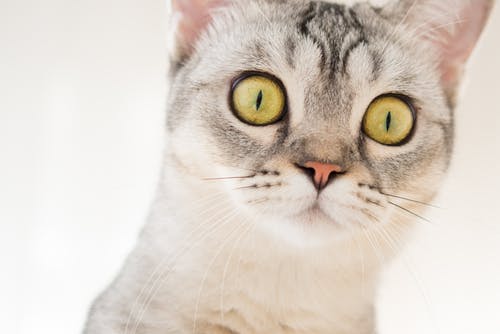These past few months of 2020 have been weighing heavily on our world and our society, and we find ourselves with a great opportunity to explore the discomfort that has surfaced. The discomfort can come from a multitude of things, but in any case, the exploration of these uncomfortable parts of ourselves and our world requires curiosity. We have to learn how to get curious and override the parts of us that are screaming at us to run back to what’s comfortable.
It’s a brave thing to do, getting curious. Curiosity is the want to learn something new. That means that we have to accept that we don’t have all the answers; there’s more out there to explore. There’s a natural fear of the unknown, that we might discover something (maybe a part of ourselves) that we don’t like.
We’re humans, so we know that we’re imperfect right off the bat. The biases we all carry throughout our lives from our personal experiences create lenses for us that others might not have. When we get curious about those lenses and try to understand where they come from and how they impact our view of the world around us, we give ourselves a chance to change the lens as needed. Not every situation requires the same solution. Our lenses determine the solutions we choose.
One of the reasons we go to therapy is to gain another person’s perspective. Even if we came from the same background, there’s no guarantee that we had the same experiences. Diversity comes from a blending of many aspects of cultural identity: race, ethnicity, age, gender, spirituality, occupation, etc. Curiosity opens up the doors for us to explore how different cultures can better inform the current circumstances.
My culture may have a way of addressing a problem, but someone else’s cultural background may have taught them a different or better way to solve the problem. If I get stuck in doing things only the way I was taught, I may miss out on a great opportunity to try something new that could have worked better. Either solution may work just fine, but now I’ve also gained a new key to unlocking the same problem the next time I encounter it. The more keys we have to unlock problems, the better our chances are at solving them.
When we are able to get curious about others’ experiences without the idea that theirs invalidates our own, that’s where growth and learning happens. The curiosity you bring to a relationship can outweigh the biases learned from your own history. Getting curious without judgment might be the key needed to learn how to connect better in this ever-changing world.
An Thai, MS, MFT Resident, provides couple, family, and individual therapy in our Sterling, VA office and virtually to those located in the state of Virginia. Call or email today to set up your first appointment or a complimentary telephone consultation with An.






